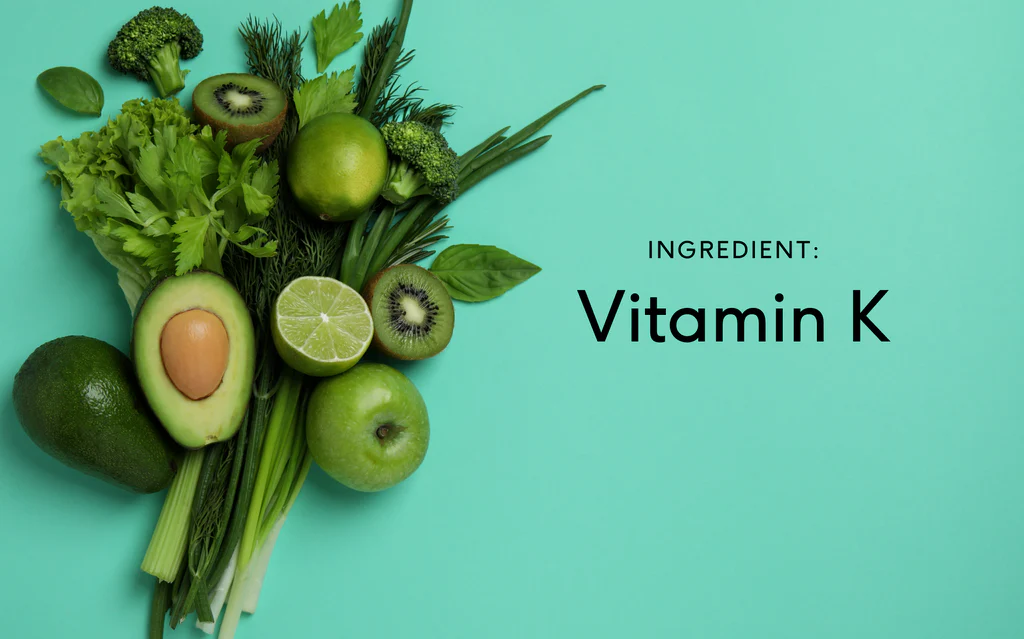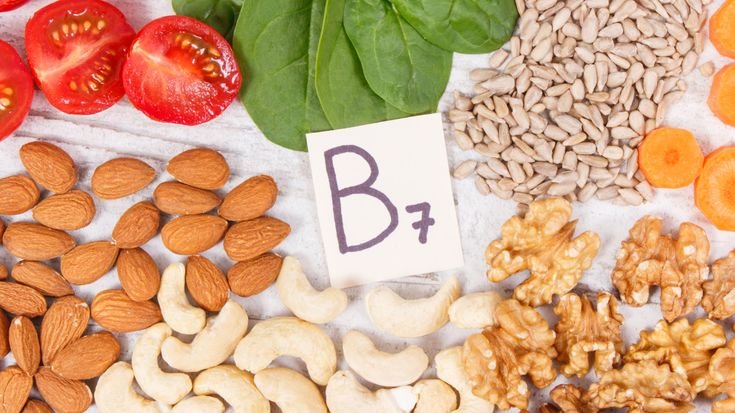I know firsthand the importance of nourishing your skin from the inside out. While topical treatments and a good skincare routine are essential, the vitamins and nutrients you consume can also have a significant impact on the health and appearance of your skin. The purpose of this article is to study which vitamins are good for skin glowing and how you can incorporate them into your diet and skincare routine for radiant, youthful-looking skin.
Vitamins for Glowing Skin
Vitamins that are good for skin glowing take a moment to understand why vitamins are so important for healthy skin. Your skin is your body’s largest organ and it requires a range of nutrients to function properly and maintain it’s youthful appearance.

Vitamins play a crucial role in skin health by supporting the production of collagen and elastin, two proteins that give your skin it’s firmness and elasticity. They also help protect your skin from damage caused by free radicals, UV radiation and other environmental stressors. When your skin is lacking in essential vitamins, it can become dry, dull and prone to wrinkles, fine lines and other signs of aging.
Including a GLP1 support drink in your daily routine can enhance your skin’s radiance. It not only supports your metabolic functions but also contributes to a healthier, more glowing skin.
Vitamin A

Vitamin A, also known as retinol, is one of the most well-known vitamins for skin health. It is a powerful antioxidant that helps protect your skin from damage caused by free radicals and UV radiation. Vitamin A also stimulates the production of collagen and elastin, which can help reduce the appearance of fine lines and wrinkles.
Food Sources of Vitamin A
Some of the best food sources of vitamin A include:
- Sweet potatoes
- Carrots
- Spinach
- Kale
- Cantaloupe
- Apricots
- Eggs
- Cod liver oil
Topical Vitamin A
In more to getting vitamin A through your diet, you can also apply it topically in the form of retinol creams and serums. Retinol is a type of vitamin A that is commonly used in anti-aging skincare products. It works by stimulating cell turnover and increasing collagen production, which can help improve the texture and tone of your skin.
When using topical vitamin A products, it’s important to start slowly and gradually increase your usage over time. Retinol can be irritating to some people, especially those with sensitive skin. It’s also important to wear sunscreen during the day when using retinol products, as they can make your skin more sensitive to UV radiation.
Vitamin C

Vitamin C is another powerful antioxidant that is essential for healthy, glowing skin. It helps protect your skin from damage caused by free radicals and UV radiation and it also plays a key role in collagen production.
Food Sources of Vitamin C
Best food sources of vitamin C include:
- Citrus fruits (oranges, grapefruits, lemons, limes)
- Berries (strawberries, raspberries, blueberries)
- Kiwi fruit
- Bell peppers
- Broccoli
- Brussels sprouts
- Spinach
Topical Vitamin C
Vitamin C is also a popular ingredient in skincare products, particularly in serums and moisturizers. When applied topically, vitamin C can help brighten and even out your skin tone, reduce the appearance of dark spots and hyperpigmentation and boost collagen production.
When choosing a vitamin C skincare product, look for one that contains L-ascorbic acid, which is the most stable and effective form of vitamin C. It’s also important to choose a product that is packaged in an opaque, airtight container, as vitamin C can break down when exposed to light and air.
Vitamin E
Vitamin E is another antioxidant that is important for healthy, glowing skin. It helps protect your skin from damage caused by free radicals and UV radiation and it also has anti-inflammatory properties that can help soothe and calm irritated skin.
Food Sources of Vitamin E
The best food sources of vitamin E include:

- Almonds
- Sunflower seeds
- Hazelnuts
- Avocados
- Spinach
- Broccoli
- Olive oil
Topical Vitamin E
Vitamin E is also commonly used in skincare products, particularly in moisturizers and oils. It can help hydrate and nourish dry, dehydrated skin and it also has anti-aging properties that can help reduce the appearance of fine lines and wrinkles.
When using topical vitamin E products, it’s important to choose one that is non-comedogenic, meaning it won’t clog your pores. Some people may also be sensitive to vitamin E, so it’s always a good idea to patch test a new product before applying it all over your face.
Vitamin K

Vitamin K is a lesser-known vitamin that is important for skin health. It helps with blood clotting and may also play a role in reducing the appearance of dark circles and bruising under the eyes.
Food Sources of Vitamin K
Some of the best food sources of vitamin K include:
- Leafy greens (kale, spinach, collard greens)
- Broccoli
- Brussels sprouts
- Cabbage
- Fermented foods (natto, sauerkraut)
Topical Vitamin K
Vitamin K is also used in some skincare products, particularly in eye creams and serums. It can help reduce the appearance of dark circles and puffiness under the eyes and it may also help with bruising and broken capillaries.
When using topical vitamin K products, it’s important to choose one that is specifically formulated for the delicate skin around the eyes. You should also be gentle when applying the product, as rubbing or tugging on the skin can cause further irritation and damage.
Vitamin D
Vitamin D is important for overall health, including the health of your skin. It helps regulate cell growth and may also play a role in reducing inflammation in the skin.
Food Sources of Vitamin D
Some of the best food sources of vitamin D include:

- Fatty fish (salmon, mackerel, sardines)
- Egg yolks
- Mushrooms exposed to UV light
- Fortified foods (milk, yogurt, orange juice)
Topical Vitamin D
While vitamin D is not commonly used in skincare products, some studies have suggested that topical vitamin D may be beneficial for certain skin conditions, such as psoriasis and eczema. However, more research is needed to fully understand the potential benefits of topical vitamin D for skin health.
It’s important to note that vitamin D is primarily produced by the body when the skin is exposed to sunlight. However, excessive sun exposure can also damage the skin and increase the risk of skin cancer, so it’s important to practice safe sun habits and wear sunscreen when spending time outdoors.
Vitamin B3 (Niacinamide)
Vitamin B3, also known as niacinamide, is another important vitamin for skin health. It has anti-inflammatory and antioxidant properties that can help improve the overall appearance and texture of the skin.
Food Sources of Vitamin B3

Some of the best food sources of vitamin B3 include:
- Poultry
- Fish
- Nuts and seeds
- Legumes
- Whole grains
Topical Vitamin B3
Niacinamide is a popular ingredient in skincare products, particularly in serums and moisturizers. It can help reduce the appearance of fine lines and wrinkles, even out skin tone and improve skin texture.
When using topical niacinamide products, it’s important to choose one that is formulated at a concentration of at least 2%. You should also be consistent with your usage, as it can take several weeks to see noticeable improvements in your skin.
Vitamin B5 (Pantothenic Acid)

Vitamin B5, also known as pantothenic acid, is important for skin health because it helps the skin retain moisture and maintain it’s barrier function.
Food Sources of Vitamin B5
Some of the best food sources of vitamin B5 include:
- Eggs
- Poultry
- Fish
- Avocados
- Mushrooms
- Whole grains
Topical Vitamin B5
Pantothenic acid is also used in some skincare products, particularly in moisturizers and hydrating serums. It can help improve skin hydration and reduce the appearance of fine lines and wrinkles.
When using topical vitamin B5 products, it’s important to choose one that is formulated with other hydrating ingredients, such as hyaluronic acid or glycerin. You should also be consistent with your usage, as it can take several weeks to see noticeable improvements in your skin.
Vitamin B7 (Biotin)

Vitamin B7, also known as biotin, is important for skin health because it helps support the production of keratin, a protein that makes up the structure of the skin, hair and nails.
Food Sources of Vitamin B7
Some of the best food sources of vitamin B7 include:
- Eggs
- Nuts and seeds
- Legumes
- Whole grains
- Mushrooms
Topical Vitamin B7
While biotin is not commonly used in skincare products, some studies have suggested that taking biotin supplements may help improve the strength and health of the skin, hair and nails. However, it’s important to talk to your doctor before starting any new supplement regimen.
Final Thoughts
Incorporating the right vitamins into your diet and skincare routine can make a significant difference in the health and appearance of your skin. By focusing on vitamins that are good for skin glowing, such as vitamin A, vitamin C, vitamin E and B vitamins, you can help protect your skin from damage, boost collagen production and improve overall skin texture and tone.
It’s important to remember that while vitamins are important for skin health, they are just one piece of the puzzle. A healthy diet, regular exercise, adequate sleep and a consistent skincare routine are all important factors in maintaining healthy, glowing skin.
If you are considering adding new vitamins or supplements to your routine, it’s always a good idea to talk to your doctor or a skincare professional first. They can help you determine which vitamins are right for your individual needs and recommend the best way to incorporate them into your routine.
With a little knowledge and effort, you can nourish your skin from the inside out and achieve the healthy, radiant glow you’ve always wanted. So go ahead and stock up on those vitamin-rich foods and skincare products – your skin will thank you!
